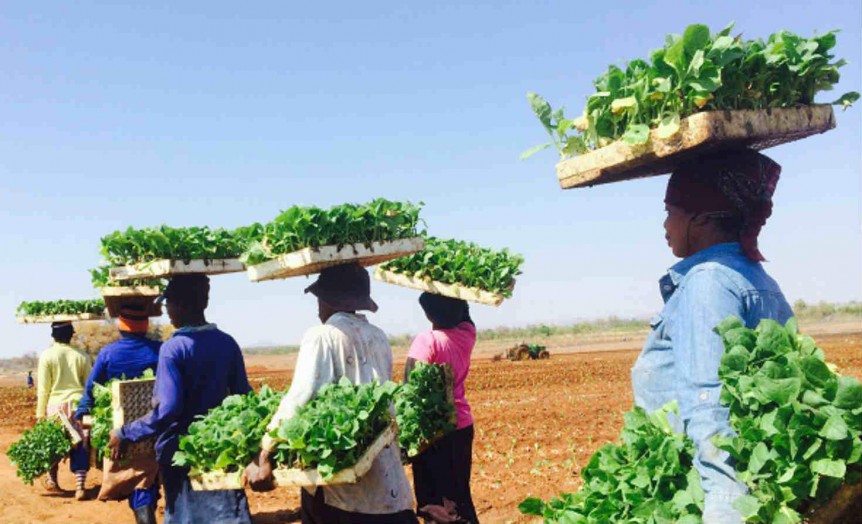We’ve looked at an array of different biofuel sources ranging from used cooking oil and algae to farm and municipal waste. This is essential as the percentage of airline emissions becomes a bigger part of our overall greenhouse gas situation. The Guardian reports, “A 2017 estimate said air travel accounted for 2.5% of all carbon dioxide emissions, with the total emissions expected to quadruple by 2050.”We’ll look here at how some of the early efforts have panned out and examine a late-breaking surprise or two. Mustard Seeds? According to the Guardian, “A Qantas plane powered partly by mustard seeds has become the world’s first biofuel flight between Australia and the United States, after landing in Melbourne on [January 30, 2018].” A major test, the 15-hour flight used a blended fuel 10-percent of which came from the brassica carinata, a mustard seed used as a fallow crop between regular crop cycles. Qantas’ Boeing Dreamliner 787-9 “Reduced carbon emissions by 7 percent …
Don’t Smoke ‘Em Even if You’ve Got ‘Em
Biofuels would be wonderful if they didn’t starve people while feeding trucks, cars and airplanes. Living with such a constraint, though, might prove to be productive, profitable, and environmentally sound. The Guardian describes efforts in America’s tobacco country to grow a crop that will be less destructive of human lungs and hearts if it is consumed in jet engines rather than in cigarettes. “’We’re experimenting with varieties that were discarded 50 years ago by traditional tobacco growers because the flavors were poor or the plants didn’t have enough nicotine,’ explains Tyton [BioEnergy Systems] co-founder Peter Majeranowski.” In a case that oddly enough is GMO free, “Researchers are pioneering selective breeding techniques and genetic engineering to increase tobacco’s sugar and seed oil content to create a promising source of renewable fuel. The low-nicotine varieties require little maintenance, are inexpensive to grow and thrive where other crops would fail.” Fuel tobacco is a higher-value crop than hay, for instance, and “looser” farming …


